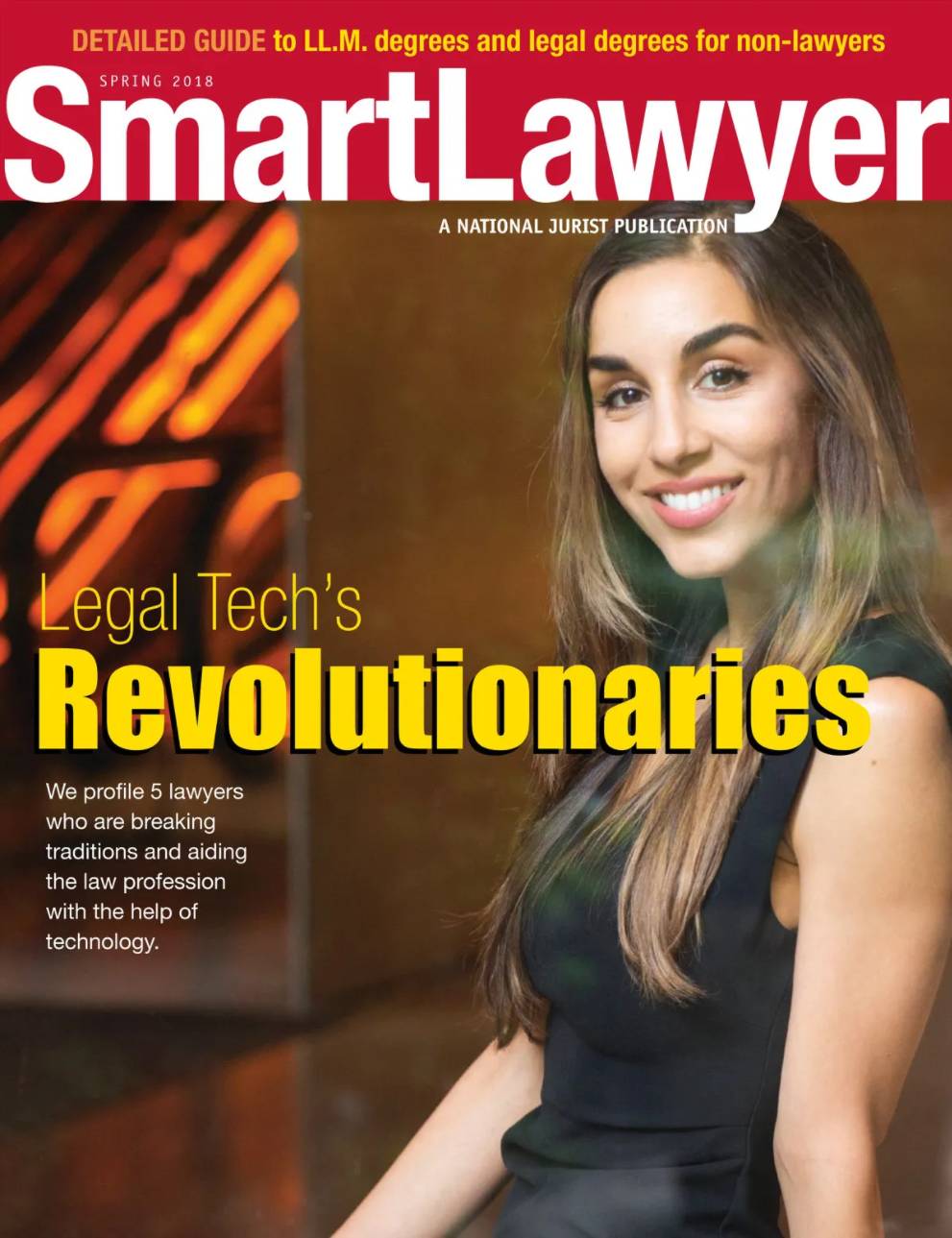By John Allison
Mediation can provide a meaningful alternative to the adversarial litigation process. Since mediation is a facilitated negotiation, the parties retain the power to resolve their dispute on terms that are mutually acceptable to them. They can avoid surrendering control over the outcome to a third-party decision maker such as a judge, a jury or an arbitrator.
A skilled mediator will help the parties and their lawyers engage in a conversation that addresses the broader interests of the parties beyond the narrow confines of their respective legal positions. The parties can explore ways to resolve their dispute without having to persuade anybody that they should prevail on the merits. For that reason, mediation can be used to resolve a dispute well before the parties have invested considerable time, money and emotional energy in litigation.
Here are some tips that will help you make the most of mediation as a process for resolving your client’s dispute:
– Make a conscious effort to set aside the confrontational language and mentality of the adversarial process.
– Understand that the goal of mediation is not to win an argument with the opposing party or to persuade the mediator that your client is “right.”
– Be aware of the effects the dispute has on your client’s broader interests and values, and clearly understand your client’s goals for the mediation process.
– In nearly every case a mediation should begin with a joint session where the parties and their lawyers are present. A joint session may be your only opportunity to have a conversation with the opposing party without having to communicate through opposing counsel.
– Joint sessions are most effective when the parties, or their lawyers speaking for them, tell their stories and listen to each other in a respectful manner. It is not helpful for lawyers to argue their client’s case in the joint session.
– Sometimes the emotional content of a dispute can be a significant obstacle to the parties’ ability to reach an agreement. Mediation can give the parties a safe environment in which to release trapped emotional energy. Be willing to let your client, and the opposing party, “vent.”
– Finally, be open to the possibility of resolving a dispute on terms that have nothing to do with the merits of the case or the remedies that would be available in court.
John Allison is a professional career coach backed by years of experience as a successful lawyer. He is the founder of The Coach for Lawyers and author of “The Art of Practicing Law: A Practical Guide for Lawyers.”







